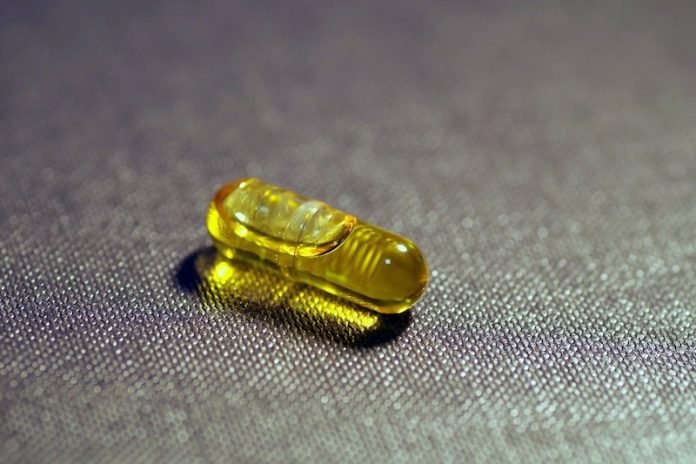
In a new study, researchers found that healthcare workers who self-isolated after developing symptoms of COVID-19 were more likely to have a vitamin D deficiency.
The research was conducted by a team at the University of Birmingham.
The team analyzed blood samples from 392 healthcare workers recruited in May 2020 towards the end of the first surge of the COVID-19 pandemic.
Samples were first tested for the presence of SARS-Cov-2 antibodies using a unique in-house assay before undergoing testing to show the concentration of vitamin D
The team found that among the 392 workers, over half (55%) had SARS-Cov-2 antibodies, showing that they had been infected with the virus.
A total of 61 (or 15.6%) were deficient in vitamin-D with much more of these staff coming from BAME backgrounds or in junior doctor roles.
Vitamin D levels were lower in younger and male staff and those who had a high BMI.
Results also showed that staff who were vitamin D deficient were more likely to report symptoms of body aches and pains, but interestingly, not respiratory symptoms including breathlessness or a continuous cough.
Vitamin levels were also lower in staff who reported symptoms of fever.
Within the cohort as a whole, there was an increase in seroconversion (or the development of detectable SARS-Cov-2 antibodies) in staff with vitamin D deficiency (72%) compared to those without a deficiency (51%).
This suggests that lower vitamin D levels could increase susceptibility to the virus.
The findings showed that there is an increased risk of COVID-19 infection in healthcare workers who are deficient in vitamin D.
The data add to the emerging evidence from studies in the UK and globally that individuals with severe COVID-19 are more vitamin D deficient than those with mild disease.
Finally, the results, combined with existing evidence further demonstrate the potential benefits of vitamin D supplementation in individuals at risk of vitamin D deficiency or who are shown to be deficient as a way to potentially alleviate the impact of COVID-19.
One author of the study is Professor David Thickett.
The study is published in MedRxiv.
Copyright © 2020 Knowridge Science Report. All rights reserved.



